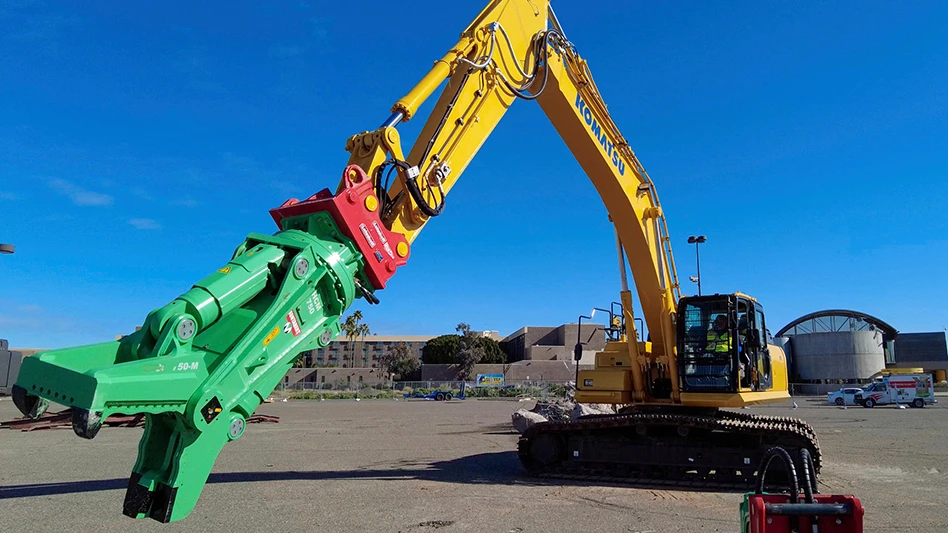The slowdown in the commercial building, demolition and C&D recycling sectors brought about by COVID-19 shutdowns and related pullback on investments had many industry participants wary of an uncertain future at the start of the year.
In addition to mass vaccination availability, a sweeping infrastructure plan was the thing many professionals cited as having the potential for counteracting the lingering aftereffects of the pandemic.
Such a plan took shape when President Biden released his administration’s $2 trillion infrastructure initiative in March.
The plan proposes to modernize 20,000 miles of highways, roads and main streets; fix the 10 most economically significant bridges in the country in need of reconstruction; repair the worst 10,000 smaller bridges; replace thousands of buses and rail cars; repair hundreds of stations; renew airports; and expand transit and rail into new communities.
The plan also commits to build, preserve and retrofit more than two million homes and commercial buildings; modernize schools and childcare facilities; upgrade veterans’ hospitals and federal buildings; and eliminate all lead pipes and service lines in the country’s drinking water systems.
Biden, who calls the plan “the single-largest investment in American jobs since World War II,” forecasts that the proposal could help create jobs for millions of Americans. Despite the prospects for industry professionals, the president faces significant political opposition in passing the bill in its current iteration.
Republicans have generally called out the plan for being too costly, having too many elements nonessential to infrastructure included, and relying on increases to corporate taxes as a key funding mechanism as reasons for their opposition.
In an effort to garner across-the-aisle support, Biden has made it clear he is willing to work with Republicans to find common ground.
“I’m prepared to negotiate as to the extent of my infrastructure project, as well as how we pay for it,” Biden has said.
Republicans have countered with infrastructure proposals a quarter to a third of the size the one President Biden initially unveiled.
Though Democrats could conceivably work to pass infrastructure legislation independently through a process known as budget reconciliation, Biden has continued to meet with both sides of Congress to try to build consensus for passage of the bill. While talks are ongoing, the political jockeying could carry on for months as both parties negotiate the scope of the bill.
With the construction, demolition and recycling sector eager to get back to pre-COVID business, the industry will be keeping a close eye on negotiations. With its passage, an infrastructure plan could be a spark that helps lay the groundwork for long-term stability that seemed so elusive just a few months ago.

Explore the May 2021 Issue
Check out more from this issue and find your next story to read.
Latest from Construction & Demolition Recycling
- Radius loses money, says merger on track
- Cielo investor requests annual meeting
- CDE sets up washing plant on Long Island, NY
- NWRA: NIOSH cuts a step in the wrong direction
- Ferrous price hikes could be poised to pause
- Northstar secures 15-year lease extension for asphalt shingle recycling facility
- Greenwave asks for SEC filing extension
- Construction Plastics Initiative lines up projects





